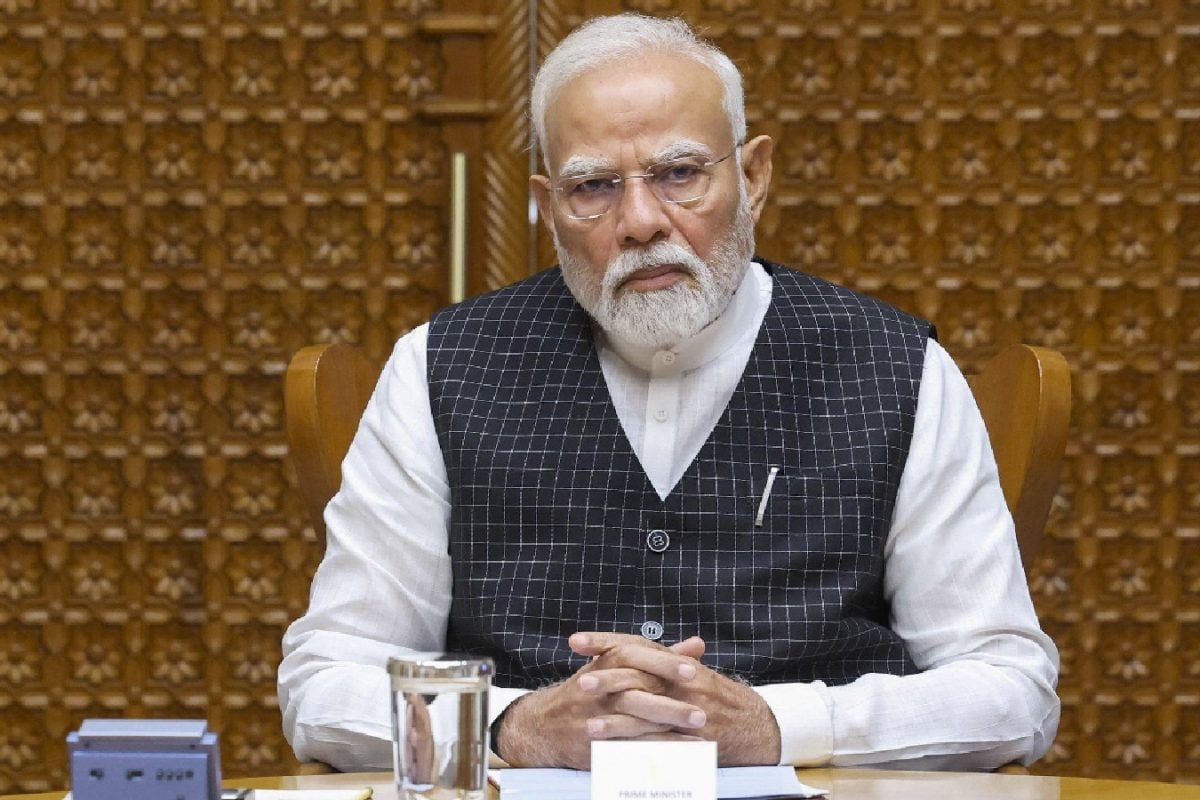

In the wake of escalating tensions, particularly after the recent terror attack in Pahalgam, Kashmir, the question of whether India can bear the cost of a war against Pakistan is more pertinent than ever. As both nations engage in security drills and heightened military posturing, a deeper examination of the economic and strategic implications of such a conflict is crucial.
India holds a higher rank than Pakistan in the Global Firepower Index, standing at fourth position while Pakistan holds the 12th position. India has a larger active military personnel of approximately 1.46 million, supplemented by 1.15 million reserve personnel. Pakistan's active military force consists of about 654,000 personnel, in addition to 500,000 paramilitary personnel. India's defense budget for fiscal year 2024-25 was approximately $75 billion. Pakistan's military expenditure was $10.2 billion. India operates a larger and more diverse arsenal, giving it a significant advantage in military strength. India possesses approximately 2,229 military aircraft, which includes 513 fighter jets, while Pakistan has 1,399 military aircraft, 328 of which are fighter jets.
Historically, conflicts between India and Pakistan have resulted in substantial financial burdens. During the Kargil War in 1999, India spent approximately Rs 15 crore per day. A more extensive conflict today could potentially cost India around $670 million per day in military operations, with broader economic losses reaching $17.8 billion over a month of conflict, which is equivalent to a 20% GDP contraction. Pakistan's fragile economy is already struggling with depleted reserves and reliance on the IMF and would likely face hyperinflation and shortages of essential goods in the event of war.
Beyond the immediate financial costs, a war could trigger significant economic repercussions. Financial markets would likely experience capital flight, with potential foreign investment outflows of $10-15 billion within the first month of conflict. The rupee in both countries would likely depreciate, and inflationary pressures would surge due to rising oil prices and import costs. Moreover, conflict could slow down global economic growth. Suspension of the Indus Waters Treaty by India would threaten Pakistan's agrarian economy, which constitutes 22.7% of its GDP but consumes over 95% of available water, potentially leading to water shortages and worsened food security.
Armed conflict between India and Pakistan could lead to environmental devastation across ecosystems already stressed by climate change. Agricultural heartlands in both countries would likely suffer long-term contamination, threatening food security for hundreds of millions. The climate commitments of both countries would fall by the wayside as resources shift to conflict and recovery.
Considering these factors, while India possesses a stronger and more resilient economy to absorb the costs of a potential war, the economic, environmental, and social consequences would be devastating for both nations. Therefore, de-escalation through diplomatic engagement and conflict resolution is crucial to prevent the substantial economic costs and long-term repercussions associated with military confrontations.